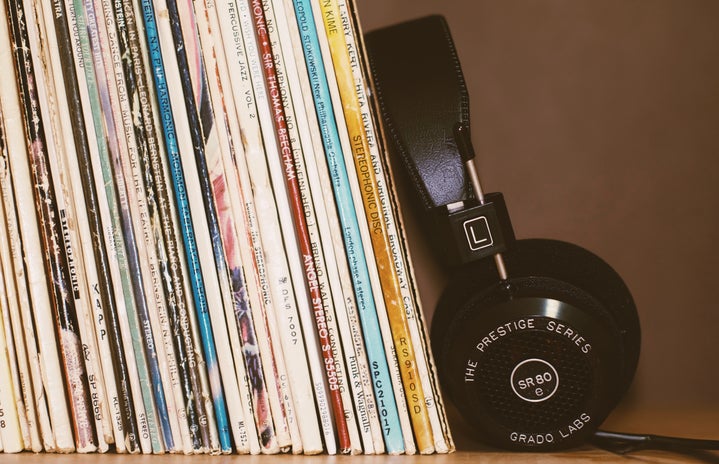Ever since I was 10 years old, I have had musical instruments in my life. I grew up around a house that loved music and played it whenever there was a spare moment, and I got involved with music when I was in 5th grade. We were forced to learn an instrument as part of our schooling, which at the time I found to be extremely frustrating and a waste of time. I chose to play the flute, mostly because my mum had played the flute when she was in school. I expected to hate it, but it turned out that I had a natural talent for it, quickly becoming one of the most skilled players at my school and being invited to play in honor bands. While I put pressure on myself to be one of the best, music was, and is, also a form of stress relief for me. While I no longer play in school bands, I keep music as a part of my life and I now play about eight instruments (some better than others).

Now, according to multiple sources, music can indeed be a scientifically proven form of stress relief. It can help refocus bad energy into something positive, which is essentially stress reduction. When your stress levels are lower, your heart rate lowers therefore bringing down your blood pressure. Depending on the type of instrument you are playing, or even if you are singing, music can improve your respiratory function. One of the most important things to know when learning a new instrument is the correct way of breathing. This seems silly like “well I breathe every day I think I can breathe correctly into this music object” but it is a different kind of breathing. Producing a sound on many wind instruments is impossible without the correct type of breathing.

While it may not seem like it, playing an instrument can be an excellent form of physical exercise. Aside from improving respiratory systems, playing an instrument like the piano, guitar, or drums takes a lot of upper body strength. Playing for long periods of time, like if you’re a famous musician playing a concert, can help build stamina, muscle strength, and improve your posture (unless, of course, you play in a metal band where posture doesn’t exist due to constant headbanging). Not only can music help you physically, but cognitively too. Research shows that playing and listening to music can help people recover from strokes and improve memory in people with Alzheimer’s disease. Not only that, but playing and listening to music can also potentially help slow down the onset of dementia and alzheimer’s.

Lastly, music has been shown to improve our immune systems. Due to a reduction in stress when listening to or playing music, people’s moods improve and levels of immune proteins can increase if we listen to or perform for one hour a day. This leads to a potential enhancement of immunological response, which helps our bodies to fight off viruses. If the whole world just listened to music for at least one consecutive hour of music a day, who knows the positive effects it could have on our bodies. There’s a reason why so many people listen to music when they are exercising – it improves moods, helps us focus, and gets us motivated. Personally, I can’t imagine a world without music, but for people who don’t listen to music, maybe the physical benefits might sway you to start.
Sources
https://www.musictoyourhome.com/blog/5-ways-playing-a-musical-instrument….



